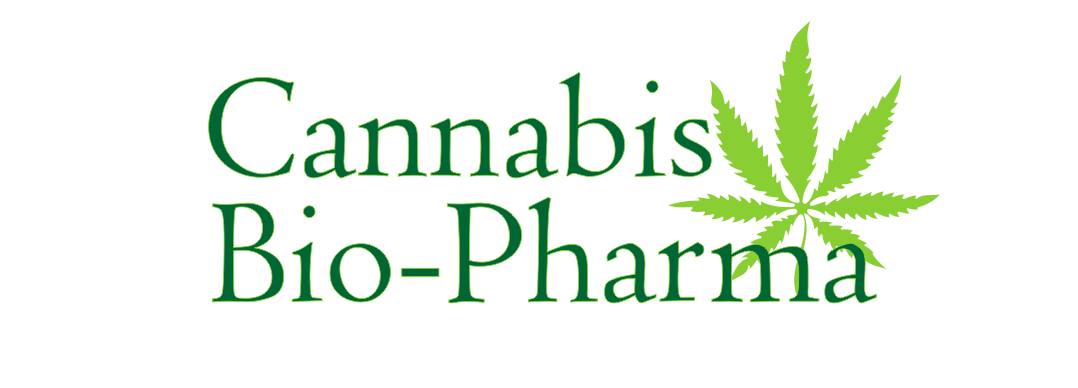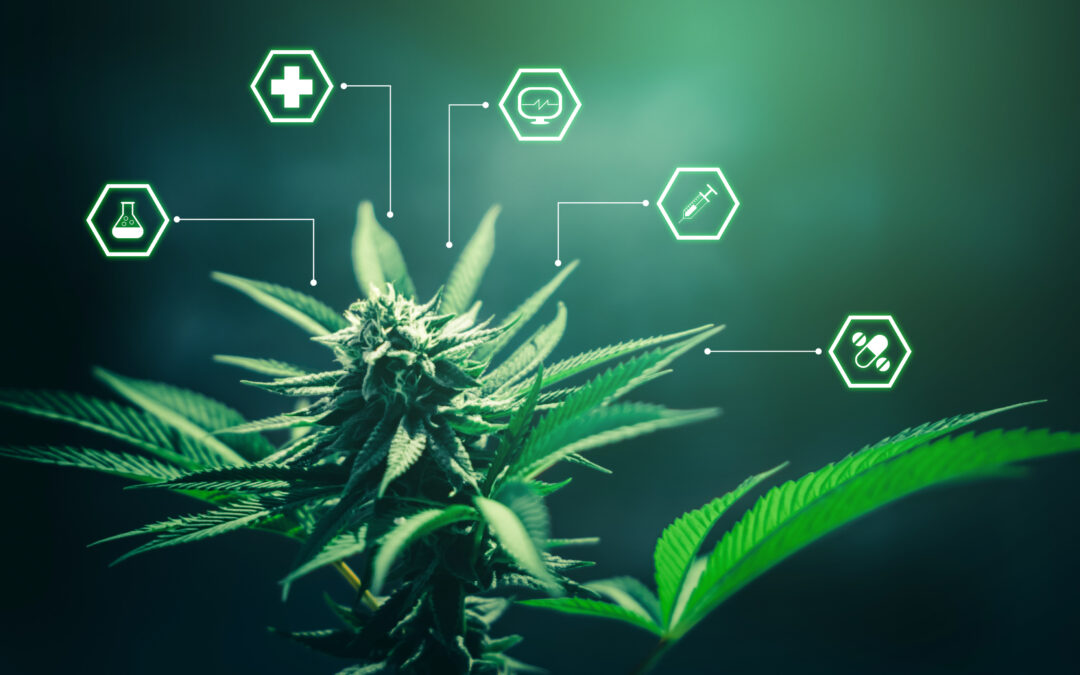Hemp, a versatile and sustainable crop, offers a wide array of applications that extend far beyond its popular association with CBD products. From textiles and construction materials to nutritious foods and eco-friendly plastics, hemp has a remarkable range of uses. In this blog, we’ll explore the diverse world of hemp products and their contributions to a more sustainable future.
1. Hemp Textiles:
Hemp has been used for textiles for thousands of years. It produces strong and durable fibers that are not only long-lasting but also soft and comfortable. Hemp clothing is not just fashionable but also environmentally friendly, as it requires fewer pesticides and synthetic fertilizers than cotton.
2. Building Materials:
Hemp can be used to create sustainable building materials like hempcrete. This mixture of hemp fibers, lime, and water is lightweight, insulating, and fire-resistant. It’s a greener alternative to traditional construction materials and offers excellent thermal performance.
3. Eco-Friendly Plastics:
Hemp can be used to produce biodegradable plastics that are an eco-conscious alternative to petroleum-based plastics. These hemp-based plastics can reduce the environmental impact of single-use items and packaging.
4. Nutritious Foods:
Hemp seeds are a nutritional powerhouse. Packed with essential fatty acids, protein, and a range of vitamins and minerals, they make for a healthy addition to diets. Hemp seeds can be used in everything from smoothies and salads to energy bars.
5. CBD Products:
CBD (cannabidiol) is one of the most well-known hemp-derived products. It’s used in a variety of forms, including oils, tinctures, and topicals, for potential health and wellness benefits. CBD is known for its calming and potentially therapeutic properties.
6. Paper and Cardboard:
Hemp fibers have been historically used to make paper and cardboard. Hemp paper production is not only more eco-friendly but also faster and less resource-intensive than traditional wood-based paper production.
7. Biofuels:
Hemp can be processed into biofuels, providing an alternative to fossil fuels. Hemp biofuels are considered more sustainable and can be used in a variety of applications, including vehicles and heating.
8. Rope and Cordage:
Hemp fibers’ durability and resistance to rot make them ideal for rope and cordage. Traditionally, hemp ropes were used for a range of applications, from ship rigging to construction.
9. Health and Beauty Products:
Hemp-derived ingredients like hemp seed oil are popular in health and beauty products due to their moisturizing and nourishing properties. They are commonly found in lotions, shampoos, and soaps.
10. Animal Bedding:
Hemp fibers can be used as bedding for animals, including horses and small pets. It provides a comfortable and dust-free environment and is biodegradable.
11. Environmental Remediation:
Hemp is known for its ability to absorb toxins and pollutants from the soil in a process known as phytoremediation. This makes it valuable for cleaning up contaminated areas.
12. Textile Dyes:
Hemp can be used to produce eco-friendly, biodegradable dyes for textiles, reducing the environmental impact of the fashion industry.
Hemp’s versatility and sustainable qualities make it an essential resource in the pursuit of a greener and more sustainable future. As innovation and awareness continue to grow, the range of hemp products and their applications will likely expand, offering solutions to some of the world’s most pressing challenges.

